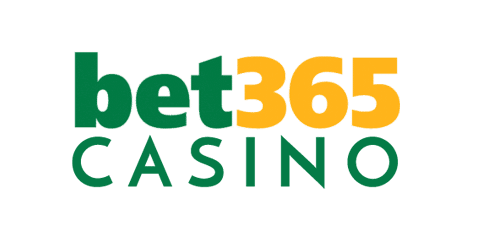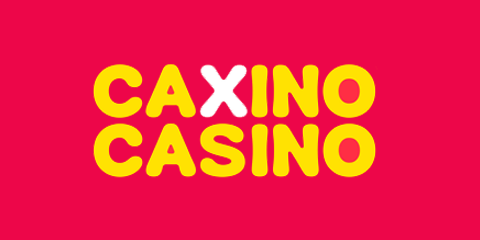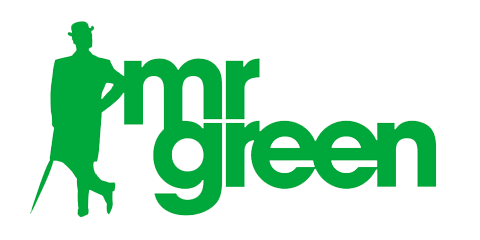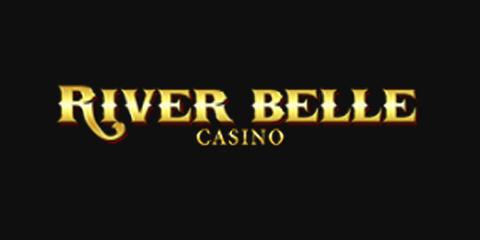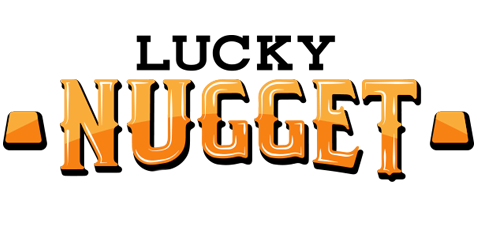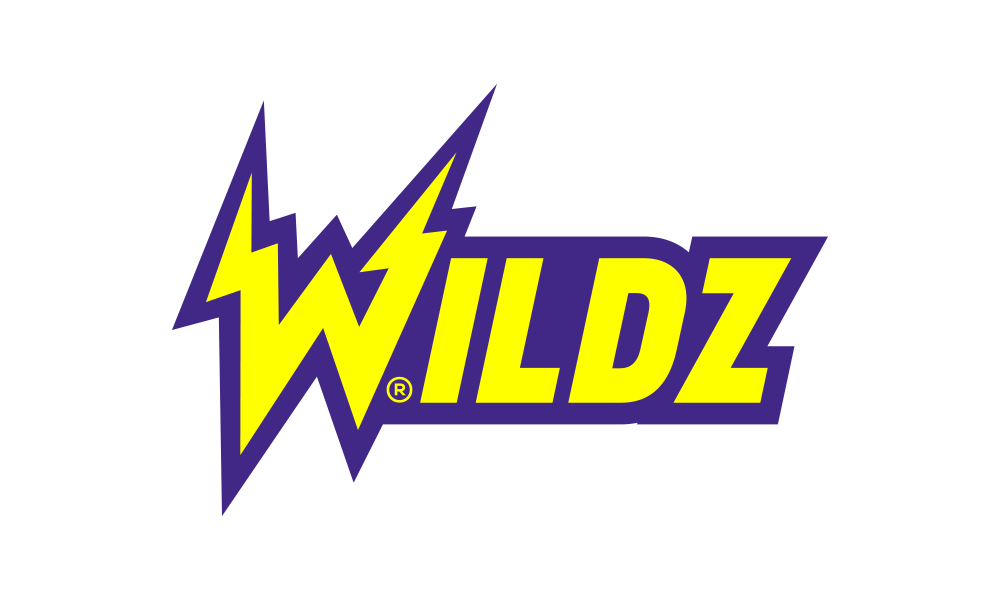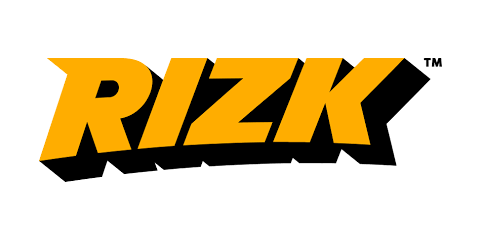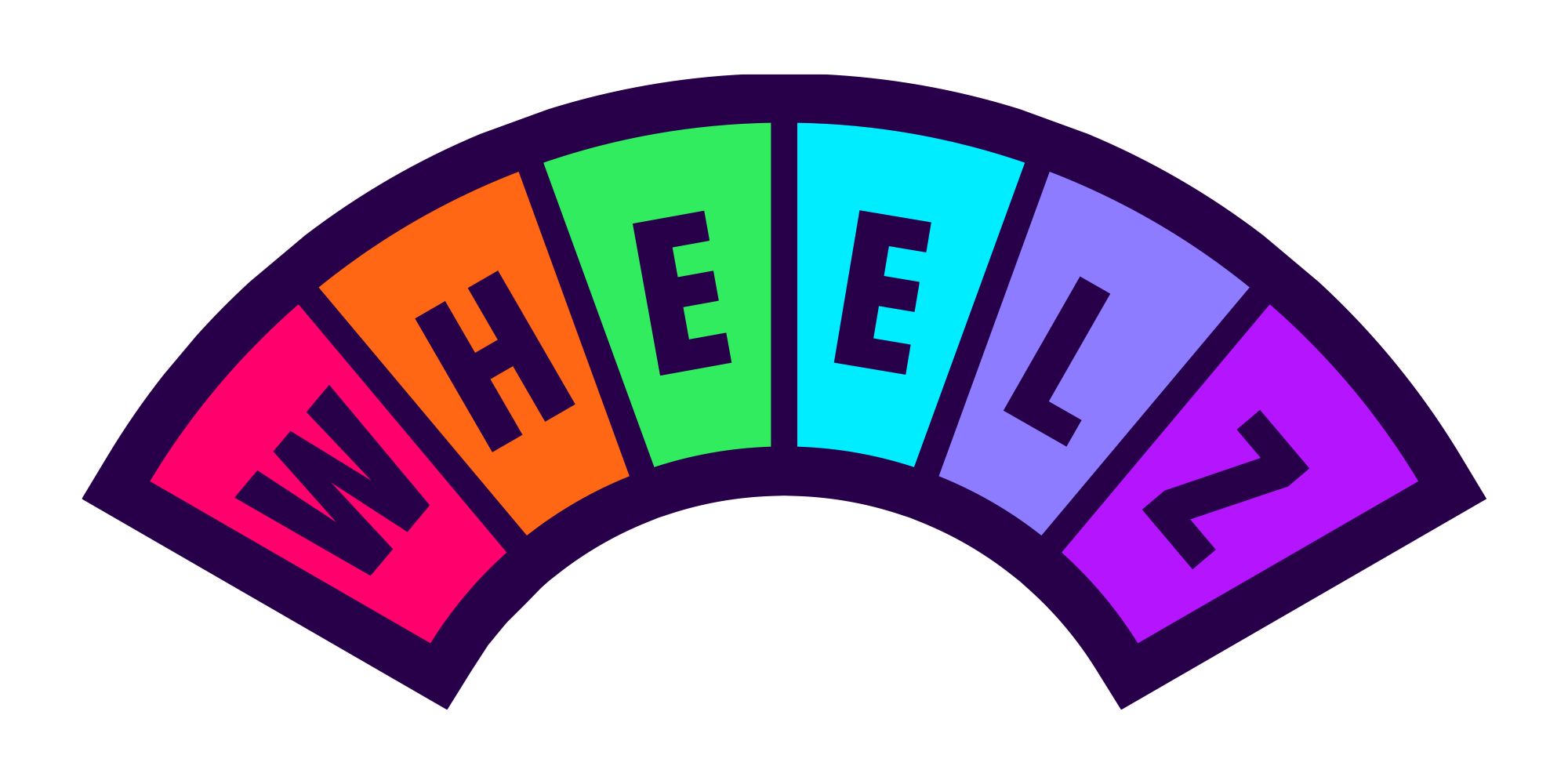Register and verify identity
Register at a bookmaker
Registration is a very simple step that takes no more than 5 minutes. It's about signing up for the bookmaker , by entering our personal data. All the data must be correct and the same as those contained in our ID, since the bookmakers have a database where it is automatically checked that they are correct (and that you are not subject to self-exclusion or suspension from the game).
It is important to bear in mind that these data are totally confidential and the houses will not be able to share them with third parties (with the exception of the Treasury or other public bodies). In the event that our current address (or for the purposes of notifications) is different from the one on the ID, nothing happens. It can be verified later.
During the registration process we must pay close attention to the boxes that we check or accept. We always recommend reading information about their terms and conditions.
After creating the account, we will receive a confirmation email and our account will be ready to make a first deposit and start playing.
What is identity verification?
Identity verification is nothing more than a very simple and mandatory process in all licensed bookmakers in New Zealand that consists of verifying your data.
The reason for this is to guarantee that there is no impersonation of identity, nor gambling of minors or of people registered in the RGIAJ (General Registry of Interdictions of Access to Gambling). In other words: verify that the data you have given to the bookmaker are real and that you are the person who is going to use the game account.
It is important that our account has been verified to guarantee our security and allow us to operate without any risk, avoiding any kind of fraud.
Is it mandatory to verify identity at a bookmaker?
The answer in this regard is clear: bookmakers are obliged to verify the identity of their users as required by the General Directorate of Gambling Regulation (DGOJ) to avoid problems such as fraud or identity theft. It is a necessary and essential requirement to be able to bet, since otherwise the bookmakers could lose their license and receive a large fine.
The law recognizes identity verification as a requirement of the technical systems that legal bookmakers in New Zealand must have. Just as online gambling operators are obliged to identify themselves with their license number and company data, users are also obliged to verify their identity.
In addition to being able to request a withdrawal, it will be necessary to have completed this verification to deposit amounts greater than $ 150. In addition, after the new regulation of the game that has entered into force in 2021, it is contemplated that the identity of users is verified to receive any offer or promotion (the other requirement for access to promotions is that their account is more than 30 days old).
How to verify identity
But how do you do that to verify identity? Very simple, here we explain it to you.
The most common is through a photo of the ID in force on both sides, as well as proof of residence at the registered address (with an invoice, for example) and sometimes a screenshot of the PayPal, Skrill or Neteller account through which the deposit was made (with the account details, to verify that it is your property).
This verification process is usually carried out when requesting your first withdrawal, although it will also be mandatory to deposit more than $ 150 or to access bonuses and promotions within 30 days after your registration.
It is a process that will only have to be done once, since once it is done it will be valid indefinitely.
From Innovate Change we recommend you to do it when you create your account, in order to forget about the subject. It consists simply in contacting the bookmaker (Customer Service) and asking what documents they need. Some houses ask for it by email, while others ask that you upload it to their own website (in your profile, Documents section).
Remember that these documents are also completely confidential and are 100% secure.
Problems in identity verification
Although the verification process may seem somewhat tedious at first, it is very simple, and in most cases it is usually done quickly in a few days and without setbacks.
The most common problem is that the bookmaker does not accept the documents and it is necessary to send them again, or send other alternative documents. Below we detail the most common problems and generally have an easy solution.
Submit photos with an incorrect format
We always recommend that the photographs of the ID or passport that are attached be in a common format, such as JPG or PDF.
Have an expired ID or Passport
The official document that verifies our identity must be in force, since if it has expired it cannot be accepted by the bookmaker.
Images with low quality or in which there are modifications
The images sent must be real, complete, clear and cannot have undergone any kind of editing or modification.
Bookmakers without ID
Do we always have to provide the ID at bookmakers during the verification process? To complete the verification of our identity in a licensed bookmaker we will always have to provide an official document proving our identity, although this should not only be the ID. In most bookmakers it would also be possible to verify our identity with the valid passport.
All legal bookmakers in New Zealand are obliged to verify the identity of their users by requesting that they prove it with the corresponding official documents. So we must be careful if we bet in a bookmaker that does not carry out such verification (bookmakers without ID), since we would be facing an illegal and unlicensed bookmaker in our country, which could lead to various legal and security problems.
At Innovate Change all the bookmakers you will find are totally legal and trustworthy, in addition those who are new to the world of sports betting will be able to find detailed articles in the Betting School on how to register at each bookmaker and correctly complete the verification process. Here are some examples:

